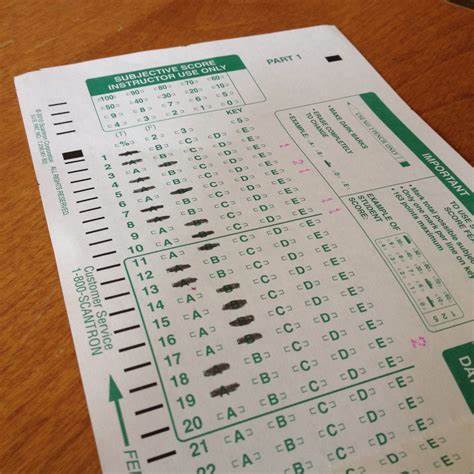Sleepless in Towson: Is Lack of Sleep Ruining Your Life?

Did you wake up on top of your desk with your homework stuck to your cheek this morning? Did the annoying ringing of your alarm clock not urge you to get ready for school? Did you use sixth period as naptime today?
As high school students, staying up late to do schoolwork is not unusual, but this may be more harmful to your grades than it is beneficial. According to the National Sleep Foundation, lack of sleep can hurt test scores, lower students’ ability to learn in school, and negatively impact mental health and well-being.
The National Sleep Foundation states that teenagers need about nine hours and fifteen minutes of sleep in order to function to their best ability. Getting less than this amount of sleep can lead to depression and aggressive behavior. PBS Frontline claims that “there are literally millions of adolescents who feel despondent, get poor marks, or are too tired to join high-school teams all because they are getting too little sleep.” The Better Health Channel says that lack of sleep makes concentrating in school difficult, slows reflexes, increases clumsiness, and impairs one’s ability to remember things. Additionally, PBS Frontline proved that getting a good night’s sleep is vital after learning new information. So, instead of staying up late to study, we should go to sleep earlier to allow the brain to absorb all of the new information.
One of the major factors preventing teens from getting enough sleep is our weekend sleep schedules. On the weekends, we tend go to sleep and wake up much later than we do during the school week. This can make falling asleep much harder during the week because our bodies aren’t adjusted to the correct sleep schedule. The National Sleep Foundation states that “a consistent sleep schedule will help you feel less tired since it allows your body to get in sync with its natural patterns.” Staying up late to finish homework on Sunday night can actually be detrimental, as this lack of sleep sets a bad routine early on in the week. Nurse Smith confirms this problem: “Mondays are hard because students mess up their sleep schedule over the weekend.”
In addition to regulating weekend sleep, getting into a routine is important before going to sleep, which includes decreasing brain stimulation before getting into bed. This means shutting off electronics, turning off the lights, or maybe listening to calming music. Nurse Smith adds, “Make sure your room is just for sleeping.” Spending all day in your room doing other activities confuses your body; your room and bed should be places primarily used for sleeping.
The Harvard Health Blog found that 80% of teens get less than nine hours of sleep per night. What about Towson high schoolers? The wide majority of students in all grades said that they get six to seven hours of sleep per night, which is only about two-thirds of the recommended amount.
You can do something about your sleep habits. Try to go to sleep earlier instead of cramming for tests into the late hours of the night. Lack of sleep can be harmful to both your academic and social life. Instead of trying to make up for sleep on the weekends, try to regulate your sleep schedule and just go to sleep a little bit earlier during the week.
For more info on teens and sleep, click the links below:
http://www.sleepfoundation.org/article/sleep-topics/teens-and-sleep
http://www.pbs.org/wgbh/pages/frontline/shows/teenbrain/from/sleep.html
http://www.betterhealth.vic.gov.au/bhcv2/bhcarticles.nsf/pages/Teenagers_and_sleep















